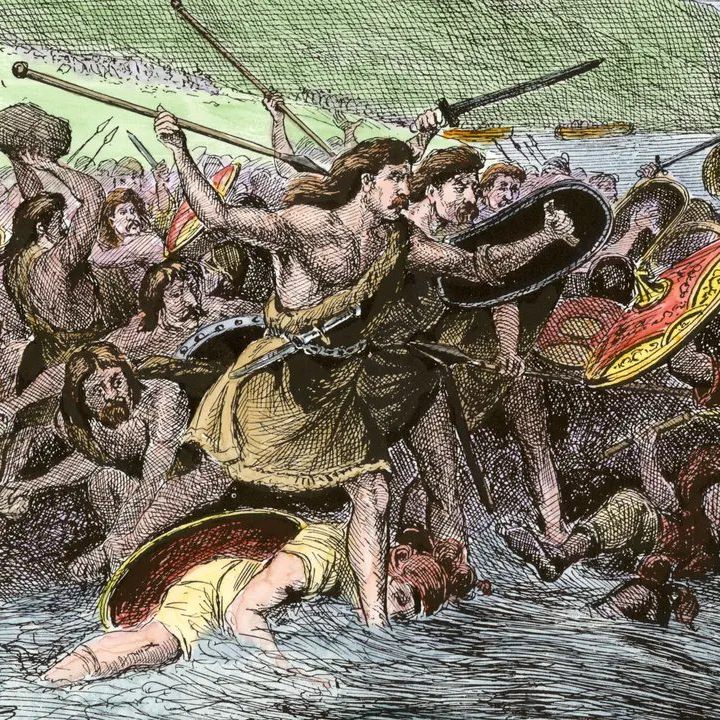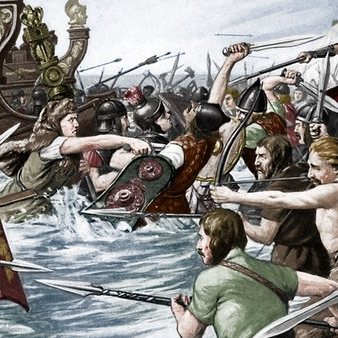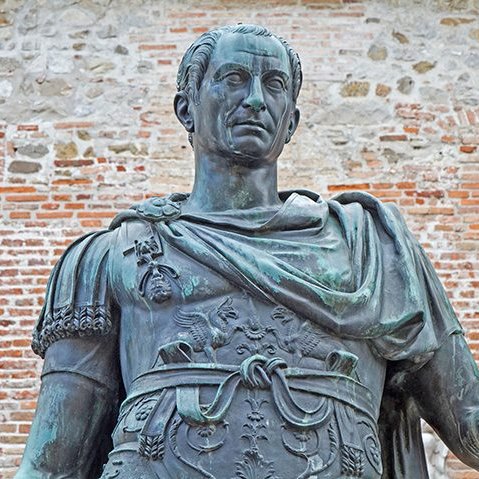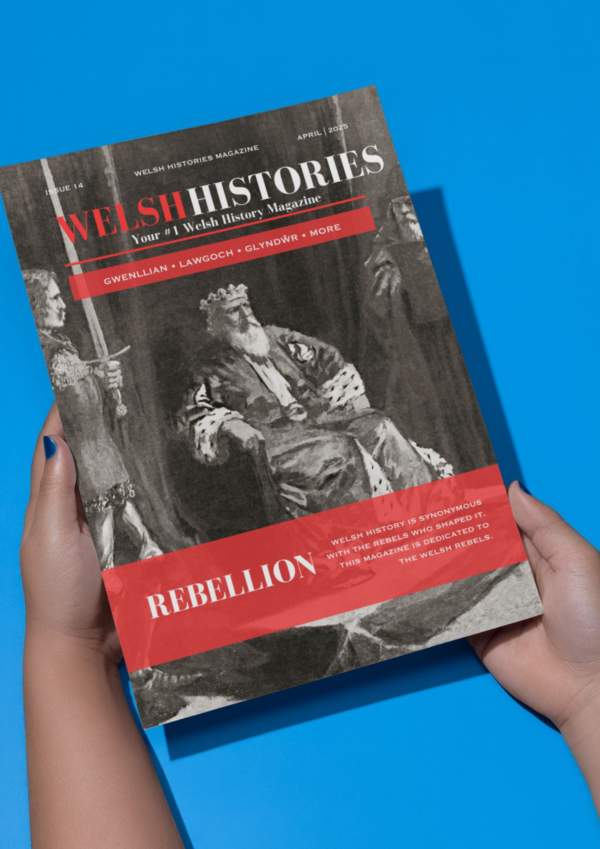Your basket is currently empty!

When Julius Caesar Set Sail to the Island of Great Britain
Did you know that it was on August 23rd in the year 55 BC when Julius Caesar set sail to the island of Great Britain?
It is sometimes fun to imagine what Ancient Britain was like when the entire island was roamed by those who spoke the Common Brittonic language, an ancestor of the present-day Welsh language.

One of the best (though, of course, partisan) and earliest descriptions of the ancient Britons (the Britons before Rome, Saxon and Norman invasions) comes from none other than Julius Caesar, who came to the island of Great Britain in 55 and 54 BC. Here is what he had to say.
“The inland portions of Britain are inhabited by those who themselves say that according to tradition they are natives of the soil; the coast regions are peopled by those who crossed from Belgium for the purpose of making war. Almost all of these are called by the names of those states from which they are descended and from which they came hither.
After they had waged war they remained there and began to cultivate the soil. The island has a large population, with many buildings constructed after the fashion of the Gauls, and abounds in flocks. For money they use either gold coins or bars of iron of a certain weight. Tin is found in the inland regions, iron on the seacoast; but the latter is not plentiful. They use imported bronze. All kinds of wood are found here, as in Gaul, except the beech and fir trees. They consider it contrary to divine law to eat the hare, the chicken, or the goose. They raise these, however, for their own amusement and pleasure. The climate is more temperate than in Gaul, since there are fewer periods of cold…

By far the most civilised are those who dwell in Kent. Their entire country borders on the sea, and they do not differ much from the Gauls in customs. Very many who dwell farther inland do not sow grain but live on milk and flesh, clothing themselves in skins. All the Britons paint themselves with woad, which produces a dark blue color; and for this reason they are much more frightful in appearance in battle. They permit their hair to grow long, shaving all parts of the body except the head and the upper lip. Ten and twelve have wives 16 common among them, especially brothers with brothers and parents with children; if any children are born they are considered as belonging to those men to whom the maiden was first married…

Fighting from chariots. This is their manner of fighting from chariots. At first the charioteers ride in all directions, usually throwing the ranks into confusion by the very terror caused by the horses, as well as the noise of the wheels; then as soon as they have come between the squads of horsemen, they leap from the chariots and fight on foot. The drivers of the chariots then withdraw a little from the battle and place the chariots together, so that if the warriors are hard pressed by the number of the enemy, they have a safe retreat to their own.
Their horsemen possess such activity and their foot soldiers such steadfastness in battle and they accomplish so much by daily training that on steep and even precipitous ground they are accustomed to check their excited horses, to control and turn them about quickly, to run out on the pole, to stand on the yoke, and then swiftly to return to the chariot.”
READ NEXT
“Welsh is Beautiful!” The Launch of Fantasy Video Game Based on Welsh Folklore
Cymru’s Worst Ever Tornado Tragedy from Over a Century Ago that Many Have Forgotten Today
Bala, Kansas: A Welsh Ghost Town That Will Remind You of a Painful Past
Welsh Maps That Will Make You Feel Smart About Welsh History (Part 2)
Share us your thoughts on [email protected]
Bestsellers
More from Welsh Histories
Welsh Histories is a Welsh history celebrating platform which looks to promote all aspects of Welsh history. Though we focus predominantly on native Welsh history, we do also share the non-native aspects from time to time. You can follow us on Facebook; Instagram or Twitter for more. A reader? We also have our very own Welsh Histories Shop where we sell our Welsh Histories Magazine. Diolch yn fawr iawn and keep enjoying Welsh Histories.
Sally is a proud wife of a Welshman, editor & writer of Welsh Histories. She’s all about stories—that shout ‘anything Welsh.’ Drop her an email if you have an advice, insight, experience, or a story to share.




